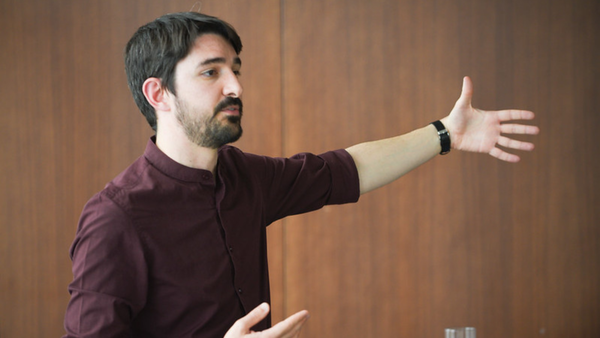This article was migrated from an old version of our website in 2025. As a result, it might have some low-quality images or non-functioning links - if there's any issues you'd like to see fixed, get in touch with us at info@journalism.co.uk.
There used to be something here that couldn't be migrated - please contact us at info@journalism.co.uk if you'd like to see this updated!
Digital technology and economic pressures on newsrooms are undermining the role of the foreign correspondent, according to a new study from the Reuters Institute for the Study of Journalism (RISJ).
But there may be opportunities for expansion in Asian markets and developing countries and for local and freelance journalists, claims the 'Are foreign correspondents redundant?' report , which provides an in-depth look at the economics of foreign news reporting and how they have shifted in the past century.
The 'crisis in journalism' is a Western phenomenon, the study suggests, as there is significant media expansion in Asia, often backed by the state, while Africa and other parts of the world are also establishing a stronger news media "off the back of growing economic and political stability".
The study by former BBC director of global news Richard Sambrook is based on interviews with news organisations across the world as well as his own experience. It suggests that the model of the foreign correspondent reporting from a fixed overseas bureau, as established in the late 19th century, "may no longer be central to how we learn about the world".
In the report, Sambrook looks at how newsrooms, as a result of both cost-cutting and a more globalised world driven by technological advancements, are increasingly reliant on local staff and the benefits and challenges associated with this structure.
"All news organisations are undergoing turbulent change and must ask where the risks and the opportunities are. And against this background, where does the primary public interest rest in bearing witness?" writes Sambrook in the report's summary.
"The ways we learn about the world are undergoing a wrenching change with consequences not just for news organisations but for all of us trying to understand out place in an increasingly interconnected, interdependent world."
The study also explores how new communications media and technologies, such as
social media channels, can complement what professional news
organisations offer, but test newsrooms' abilities to sort, verify and
contextualise "a torrent of digital information". It also looks at the work of online-only foreign news sites operated by freelance journalists, such as Kigali Wire and Mexico Reporter , and discusses how the advent of self-publishing tools in particular has created an opportunity for freelance foreign correspondents.
"It is a paradox that as the traditional foreign news bureaux have shrunk, the opportunities to find out about the world have greatly increased. The change reflects a structural shift in news provision, with foreign reporting at the forefront. As old models of international newsgathering suffered, new models have been spawned - although not always swiftly adopted by what are now called 'legacy media'," says the report.
The report also looks at the values of the international news agenda in increasingly multicultural societies, suggesting that a significant merging of domestic and international news orders has taken place complicating the notion of what 'foreign' is.





